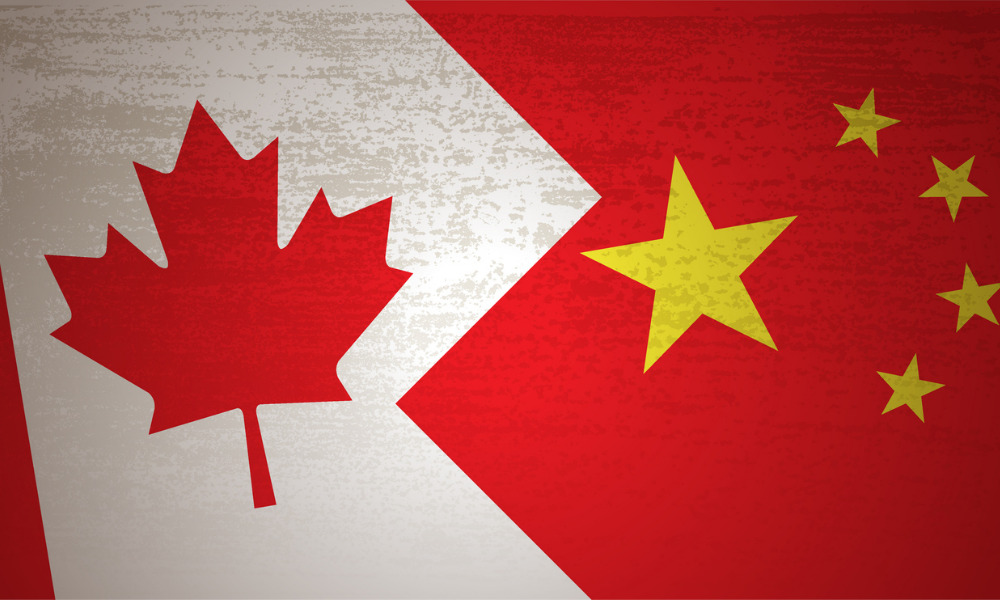A recession in China would have ripple effects across the planet, say analysts and institutional investors

As the Bank of Canada struggles to calm the economy with a second anticipated interest rate hike next month, authorities in China are confronted with a totally different issue: weakening growth.
For Canadians weary of inflation, China's economic woes may seem distant. But investors here would do well to keep an eye on the other side of the Pacific, according to Cyrus Kanga, a Victoria, British Columbia-based instructor at Camosun College's School of Business and a former equity trader at Hong Kong-based brokerage CLSA.
“The (Chinese) economy has been such a global driver for the last decade or two,” he told Global News. “Now that that’s shifting, that should be something that investors here are paying attention to, even if they don’t own Chinese stocks.”
A recession in China – the second-largest economy in the world and Canada's second-largest trading partner – would have worldwide repercussions, according to analysts and institutional investors. Even stock or mutual fund investors who concentrate on Canadian companies may discover that they are exposed to unforeseen hazards.
“Given China’s importance from a trade standpoint, one has to take into account exposures to the various countries that they do trade with and the effects they will have on those countries,” said Sandy McPherson, the chief investment officer of the City of Edmonton, which has investments in Chinese companies.
McPherson regards Canadian exports to China as a key indicator of the strength of the Chinese economy. China's record trade imbalance with its international partners last month suggested not just an increase in exports from China, but also that internal economic weakness had softened the country’s demand for imports.
Following years of stringent controls to stop the spread of COVID-19, Chinese consumers are less willing to spend, manufacturing output is increasing more slowly, and new investment from businesses not owned by the government is drying up.
The COVID-19 regulations also played a role in the youth unemployment rate reaching nearly 20% in July, according to China's statistics agency. That was the highest level seen since data were made available in January 2018.
Real estate, which represents a fourth of China’s GDP, is also at risk. Demand for new dwellings has decreased, and developers are in desperate straits after years of debt-fueled prosperity.
Despite the Chinese markets' erratic performance this year, some see potential for a turnaround. Zhang Yanbing, an analyst at Zheshang Securities, said “there’s still plenty of policy room” to bolster the country’s growth as COVID controls become more targeted and the country reinforces its strong monetary and fiscal policy.
China's central bank made the unexpected decision last week to lower a key lending rate to stimulate the economy, just as the Federal Reserve and the Bank of Canada sought to slow down economic growth.
The strong home-market bias of Canadian investors, leading them to concentrate just on Canadian markets, could lead them to miss out on investing possibilities and increase their exposure to country-specific dangers.
“I think investors do need to get a little bit out of their comfort zones,” McPherson said.



